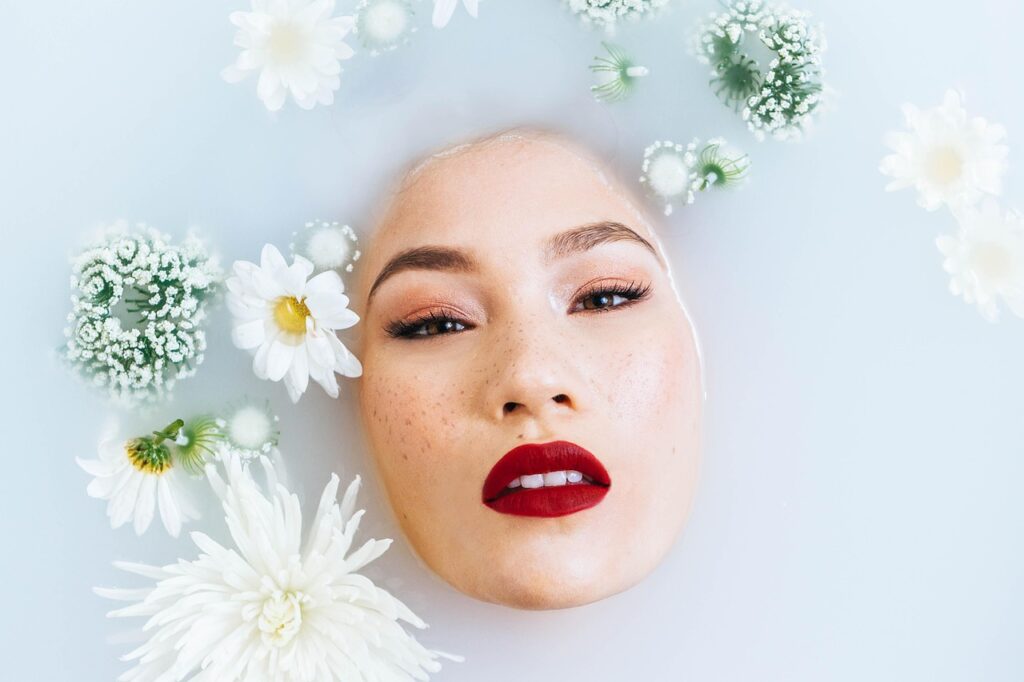The Shift Toward Data Driven Skin Health
In 2026, skincare isn’t a guessing game it’s an algorithm. The days of wasting money on creams that don’t work or playing chemist in your bathroom are fading fast. Now, AI is stepping in as your personal skin analyst, parsing everything from selfies and climate data to product reviews and ingredient lists. What results is hyper targeted advice that feels less like marketing and more like science.
These systems don’t stop at skin tone or acne levels. They track patterns in how your skin reacts over time, factoring in changes in weather, stress levels, sleep habits data most people wouldn’t even think to consider. The result? Routines that evolve with your life, not just your skin type.
And it’s not just the heavyweight beauty brands leading the charge. Startups are moving fast, building nimble platforms that connect users with niche formulations, formulations backed by real data. It’s less about one size fits all and more about finding what fits you exactly today, tomorrow, and six months from now.
How AI Analyzes Your Skin
The skin on your face is talking. Now, AI is actually listening and learning. Apps and smart devices can scan your skin for key markers: dryness, wrinkles, dark spots, redness, and more. They’re not just taking a pretty picture; they’re collecting hard data.
Once that information is captured, machine learning models jump into action. These systems pull from massive databases of other skin profiles sometimes in the millions looking for similarities and trends. It’s pattern recognition at scale, which helps pinpoint problems the human eye might miss. No guessing, no generic advice.
But data from your face isn’t the only input. AI also factors in what’s around you. Things like local humidity, air pollution, pollen counts, and UV exposure help shape smarter recommendations. Your skincare routine in Los Angeles shouldn’t look the same as someone’s in Tokyo or Berlin and now it doesn’t have to.
This trifecta personal biometrics, skin history, and environmental data lets AI tools offer a diagnosis that’s both precise and evolving. It’s not about what your skin used to be; it’s about what it needs right now.
Personalized Products in Real Time

Forget the old school idea of skincare built around broad terms like “oily” or “sensitive”. Brands are moving past that. In 2026, products are being formulated based on who you are right now not some static label you picked at a beauty counter two years ago. Real time data from apps, wearables, and regular skin scans feeds into how your moisturizer or serum gets tweaked.
Some companies are getting bolder, building formulations that adjust over time. A serum that starts heavy on hydration in winter gradually shifts to focus on oil control as spring hits and your skin responds to changing weather, stress, or hormone levels. Forget one size fits all. This is skincare that learns with you.
And then there’s layering. No more guessing whether your essence goes before your ampoule. AI now takes into account your exact routine, time of day, and even the humidity index outside to tell you what to use, in what order, and how much. It’s skincare on autopilot but with more control than ever.
Skin Cycling Meets Smart Automation
Skin cycling a method that rotates active ingredients like retinoids, exfoliants, and hydrators has exploded in popularity. But as slick as the routine sounds on paper, the challenge is all in timing. That’s where AI steps in.
Smart skincare platforms are now keeping track of exactly what users apply and when. They learn your skin’s response cycle, monitor usage patterns, and cue you when it’s time to rotate in a stronger active or when to back off and let your skin recover. Instead of relying on gut instinct or vague calendars, users are leaning on AI tools to build smarter routines that respond to real skin behavior, not just trends.
The result? Fewer flare ups, better results, and routines built on logic, not guesswork. For a deeper dive, explore: The Benefits of Skin Cycling with Active Ingredients.
The New Skincare Journey
From Routine to Real Results
AI isn’t just telling users what to do it’s showing them how well it’s working. By tracking progress with measurable data points, it’s completely reshaping how we understand skin health.
Weekly image snapshots document changes in skin texture, tone, and clarity
Dashboards visualize hydration levels, inflammation markers, and treatment impact
Users receive ongoing updates, making adjustments based on results rather than guesswork
More Informed, More Empowered
As users begin to see concrete outcomes, they’re becoming more engaged with their skincare routines. Instead of chasing trends, they’re asking better questions and selecting products with intention.
Consumers are researching ingredients and formulation types
Product choices are driven by skin goals not marketing claims
AI insights lead to purpose driven routines tailored to personal needs
Real Time, Real Personalized
The next leap in skincare? Real time diagnostics. With new tech on the horizon, AI powered skincare tools are becoming daily companions.
Portable scanners and smartphone apps deliver instant skin analysis
Data from environment, habits, and hormones feed smarter adjustments
Personalized skincare is now a dynamic, evolving process not a set it and forget it plan
Expect the future of beauty to revolve around this intelligent feedback loop where every product, tool, and recommendation shifts with you day by day.
Final Thought
2026 isn’t just another step forward it’s a turning point. Skincare has finally shifted from guessing and hoping to testing and knowing. AI doesn’t replace the intuition of knowing your own skin, but it does sharpen it. With smarter tech in your corner, you’re not just reacting to breakouts or dryness you’re anticipating them, adjusting before they happen.
Whether it’s tracking how your skin responds to shifting seasons or fine tuning the order of your routine based on data not trends this year is proof that beauty is moving from art toward precision. Skincare isn’t one size fits all anymore. It’s personal, flexible, and grounded in science that actually learns from you. Perfect skin won’t be luck. It’ll be strategy.

